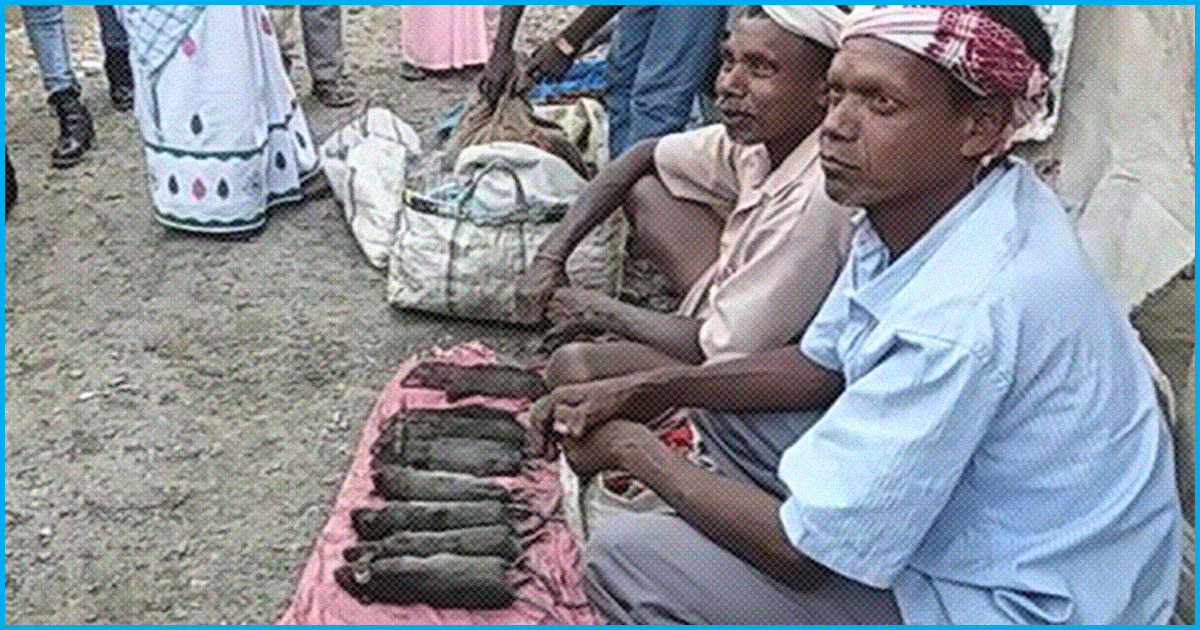Boiled, skinned and cooked in spicy gravy, rat meat is a delicacy in Baksa district of Assam. In Kumarikata village, 90 km from Guwahati, the weekly market is flooded with rats, either boiled or uncooked, ready for sale. Here rat meat is available in every form, from glossy roasted ones to cooked and peeled, ready to fry ones. This season of rat delicacy starts with the harvesting of farmland.
The farmers themselves trap rats being sold in the market. For the poor and many tribals in Assam, selling rats in local markets is an excellent source of income. One kilogram of rat can fetch up to 200 rupees which is equivalent to as much as one would pay for pork or mutton. According to a vendor, they set traps and hunt rats to avoid damage to their fields as these rats eat people’s paddy crops.
Why rats?
On Sunday market, the entire Kumarikata village drolls over rat meat, ignoring even pork or chicken. The markets are rushed with people coming from various rural region to enjoy rat meat, perfect for winters.
As per the farmers, rat population has increased drastically in recent years, and they damage paddy and rice crops. So, during the harvest season, farmers set bamboo traps in front of the rat holes to catch them. The traders say that they collect 10-20 kg of rats every night.“We put traps in the fields as the rats eat people’s paddy,” said Samba Soren, a rat vendor at Kumarikata, reported The Hindu. The vendors hunt at night to ensure that other predators do not get to the dead rats first.
This delicacy does not only allow the tribals to make some extra money during winters when they have little work to do in tea plantations but also protects rice fields near Bhutan.
Also Read: [Video] Assam: Killed For Flesh & Scales, Poaching Of Endangered Pangolins Continues Unabated










